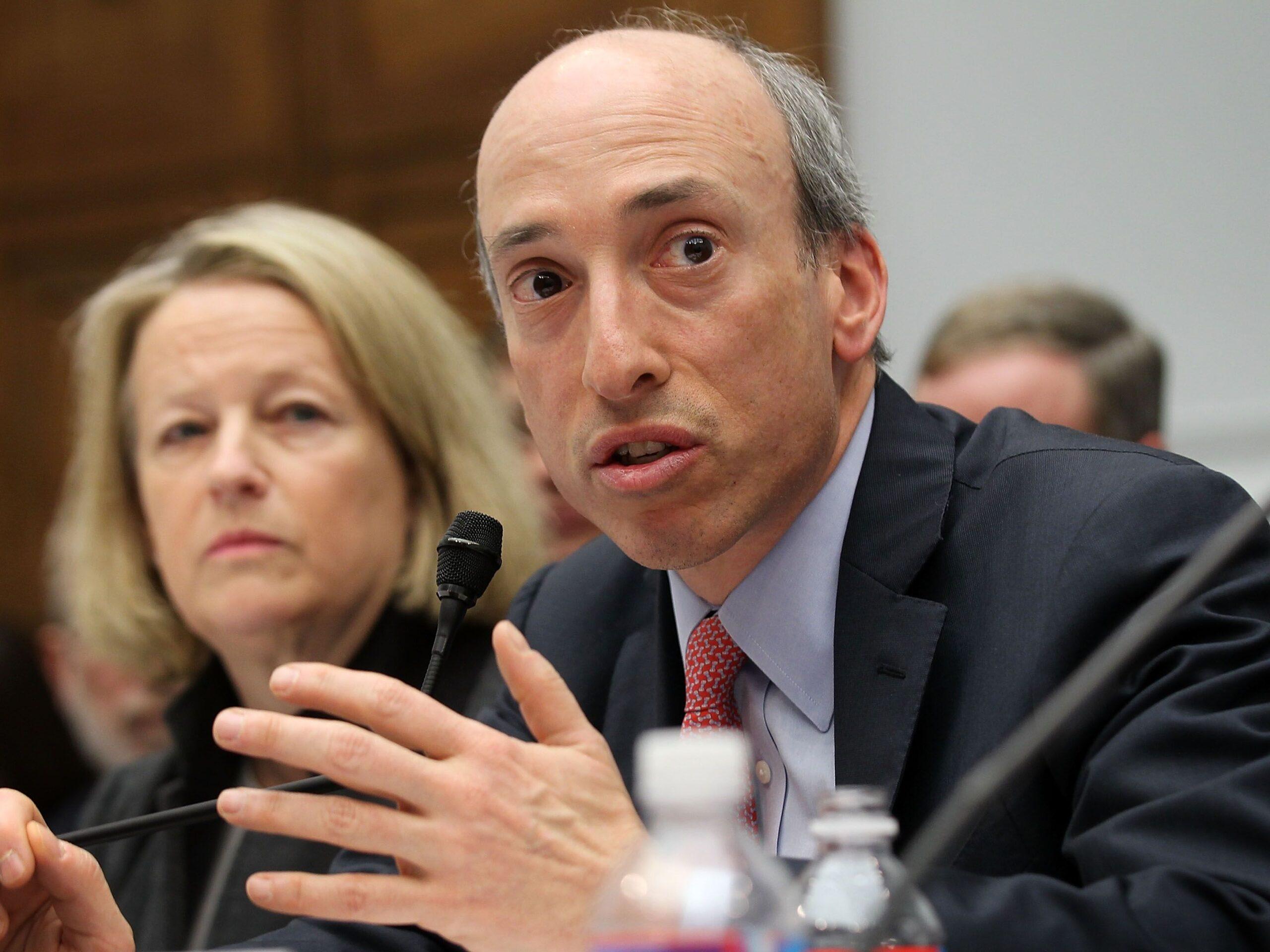With US President-elect Donald Trump just four days away from his inauguration and new leaders arriving at the Securities and Exchange Commission (SEC), other cryptocurrencies could soon join bitcoin (BTC) and ether (ETH) and receive their own exchange-traded funds in spot. (ETF).
Of these, litecoin (LTC) will likely be the first to get the green light, according to Eric Balchunas and James Seyffart, two ETF analysts at Bloomberg Intelligence.
“Canary Funds has just filed an amended S-1 for its litecoin ETF filing. No guarantee – but it could indicate SEC commitment on filing,” Seyffart posted on X.
“We have heard that Litecoin S-1 has received comments from the SEC,” Balchunas wrote, adding that the amended filing “bodes well for our prediction that Litecoin will likely be the next approved coin.”
Why Litecoin? With a market cap of $8.8 billion, litecoin is only the 11th largest cryptocurrency in the CoinDesk 20 (an index of the top 20 cryptocurrencies excluding stablecoins, memecoins, and coins exchange) and the 24th largest coin overall.
But Litecoin is a fork of Bitcoin, which means that its protocol follows the same basic rules as Bitcoin; for example, it uses a Proof-of-Work consensus mechanism. It is important to note that the SEC has never classified litecoin as a security, unlike larger cryptocurrencies such as solana (SOL) and ripple (XRP).
“We expect a wave of cryptocurrency ETFs next year, but not all at once,” Balchunas wrote in December. “There are probably first the combined Bitcoin and Ether ETFs, then probably Litecoin (because it is a fork of Bitcoin = commodity), then HBAR (because not labeled security) and finally XRP/Solana (which have been labeled securities in ongoing trials). »
Still, the SEC under Paul Atkins is likely to approach the crypto industry in a different way than under Gary Gensler, which Balchunas noted is a “huge variable.” It’s important to note that Canary Funds – which submitted its S-1 filing for a litecoin ETF in October – has not yet filed its 19b-4, meaning there is currently no deadline for whether the SEC approves or rejects the product.




